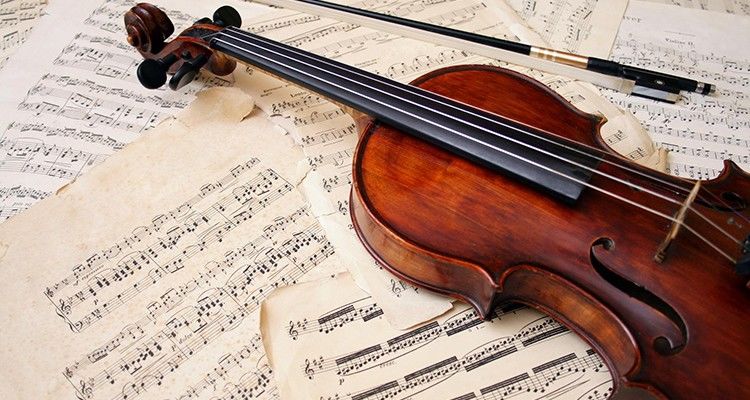When speaking of the impact of classical music and the contributors, black and brown contributors are left out of the conversation. Other genres that have a more significant presence of Black composers and influences, such as Hip Hop/Rap, R&B, and Soul/Neo-Soul, to name a few, will give credit where it’s due.
Classical music has had contributions from all different races, regions, and genders. When listening to this genre, it is essential to pay homage to the ones left in the shadow of their counterparts.

The Beginning of the Old Guard
During slavery, there was a gap in the education received, the language barrier, attire, wealth, and more. There were a few slaves who were granted master’s that saw their potential, while others had to venture out to master their craft. These composers were referred to as The Old Guard. In an essay by Josephine Lincoln Morris, professor of African Studies and chair of African Studies at the College of Wooster, she states, “a small number of classically trained African American composers worked professionally in the United States before the Civil War. Most lived above the Mason-Dixon line, but some resided in slave states.”
What is the Mason-Dixon line?
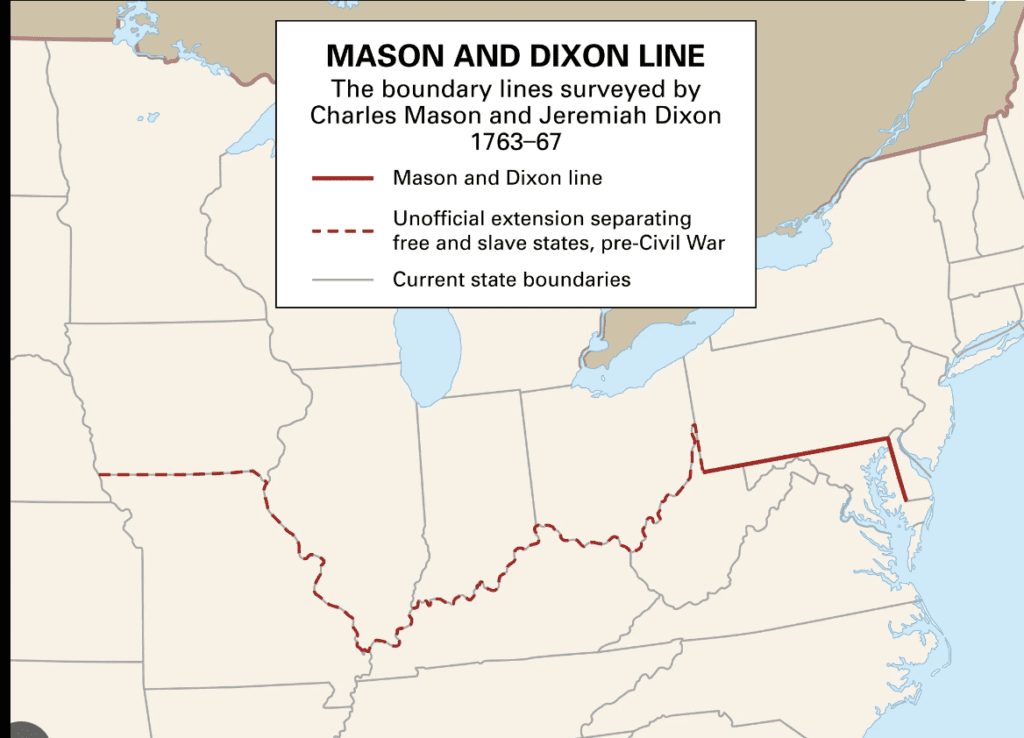
The Mason-Dixon Line was established to end a boundary dispute between the British colonies of Maryland and Pennsylvania/Delaware. Due to incorrect maps and confusing legal descriptions, the royal charters of the three colonies overlapped.
As recently stated, “some slaves received their formal instruction in music largely from immigrant European musicians who had settled in large metropolitan centers. Some learned from local practitioners or were self-taught. Many of the classical styles that were being taught were “ballads, hymns, anthems, glees, marches, overtures; social dance music such as waltzes, quadrilles, cotillion, mazurkas, and polkas; descriptive pieces for piano; or piano arrangements of patriotic songs minstrel tunes, or popular operas (Wright 2015, 139).”
Notable Composers of this Time
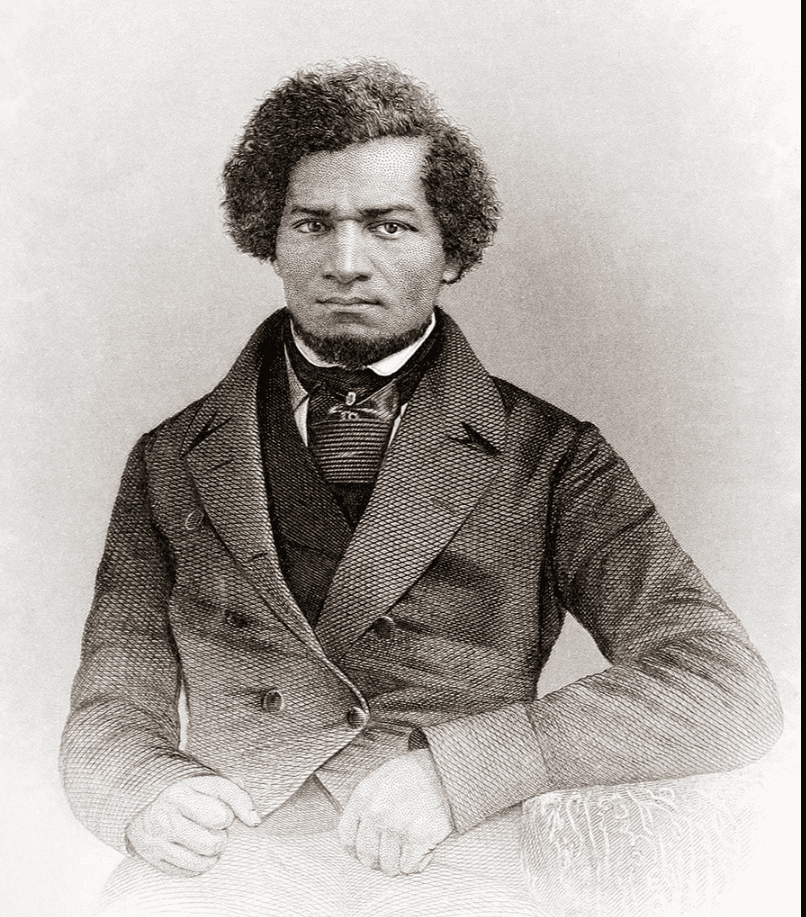
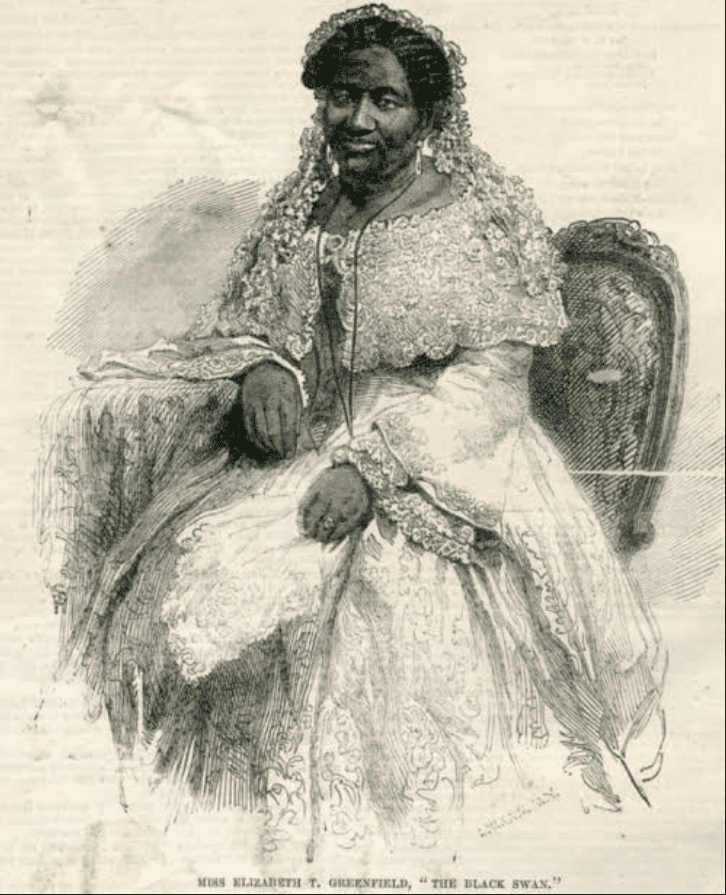
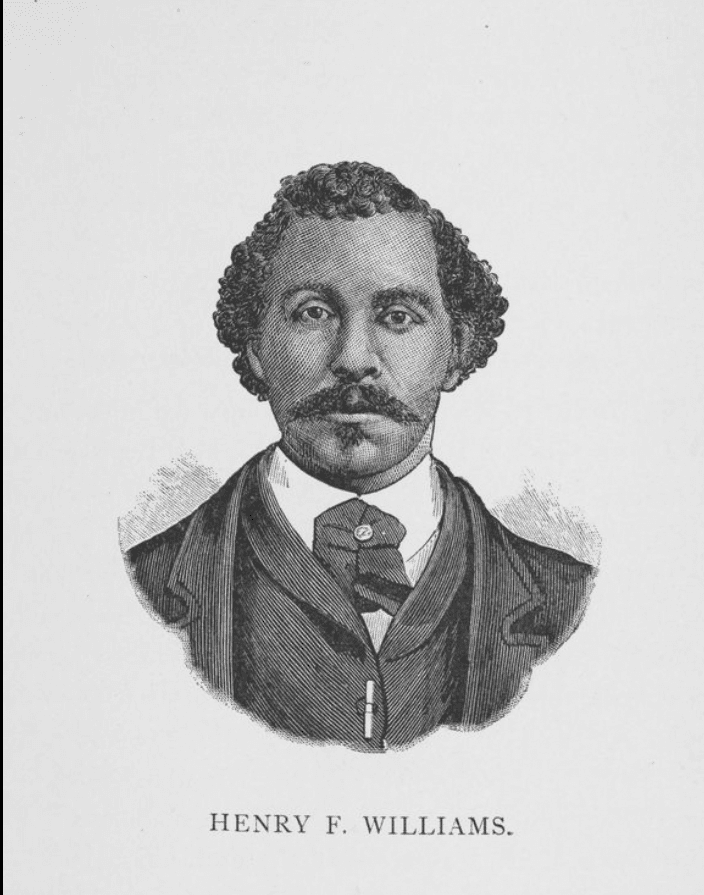
He was known for composing the religious anthem “O, Give Thanks” and was a band instructor amongst other talents.
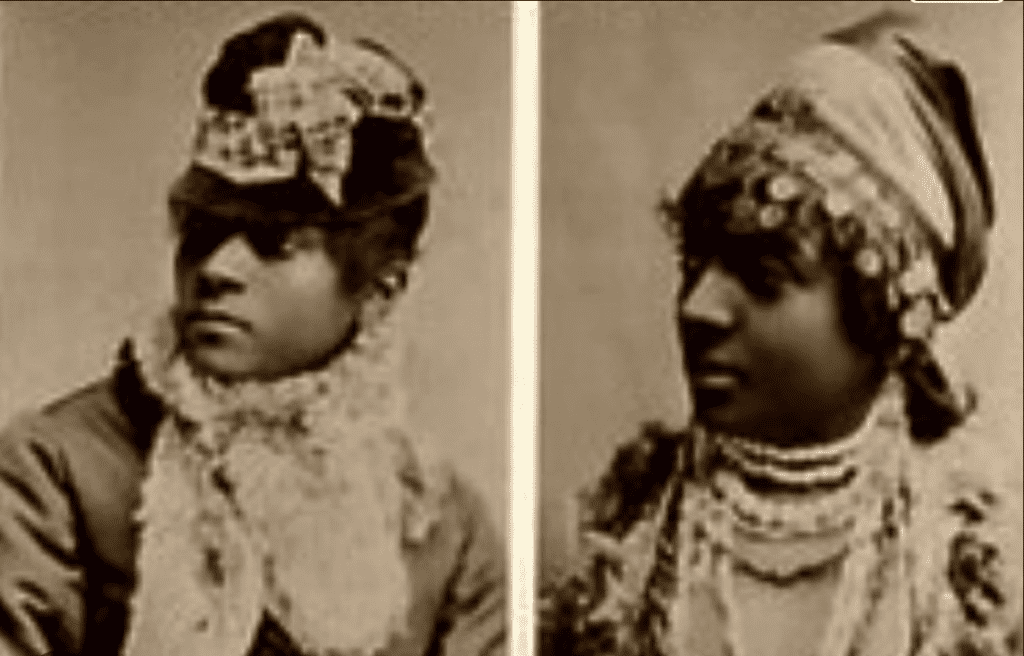
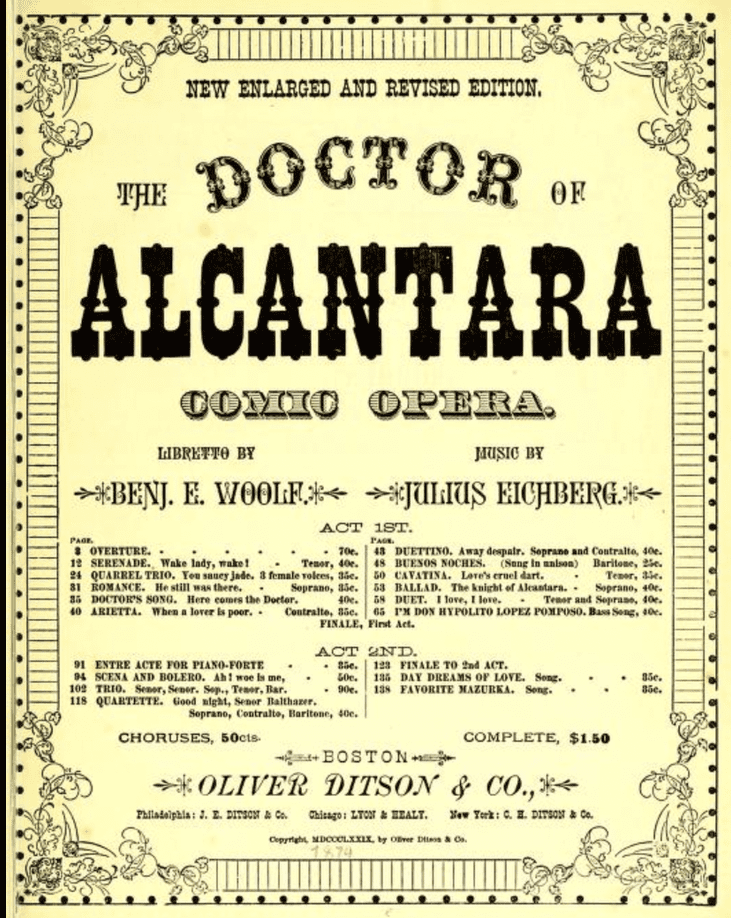
The Old Guard After Emancipation
After the Emancipation Proclamation took place, more composers were unveiled and continued in the footsteps of the members of the Old Guard before. Some of these notable mentions were:
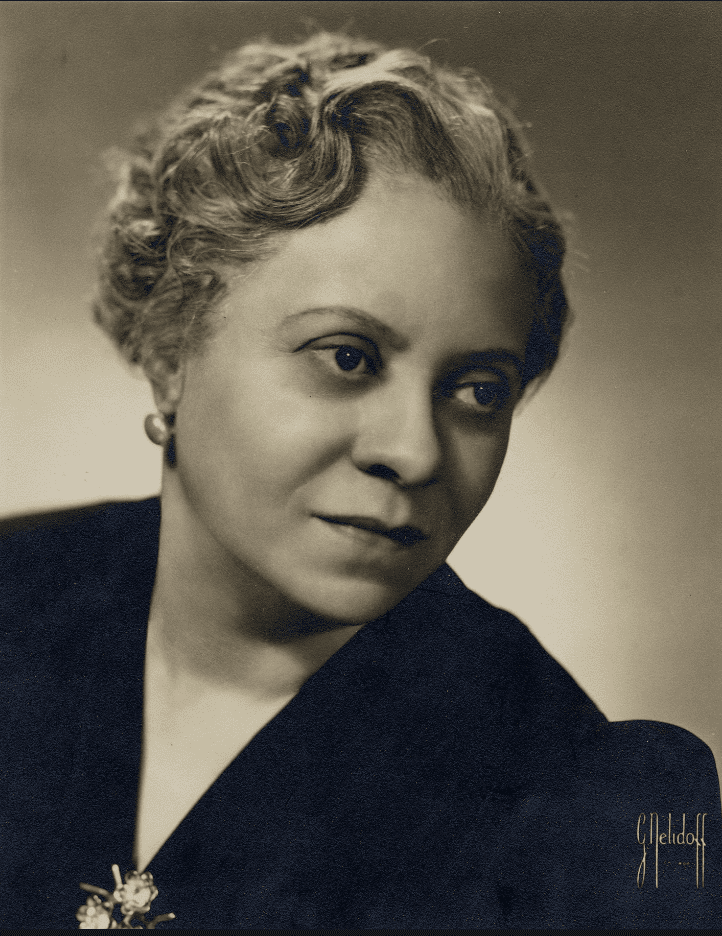
Price was an American classical composer, pianist, organist, and music teacher.
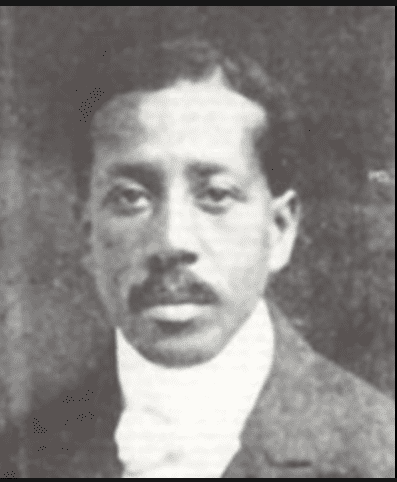
Freeman was an American neo-romantic opera composer, conductor, impresario, and teacher.
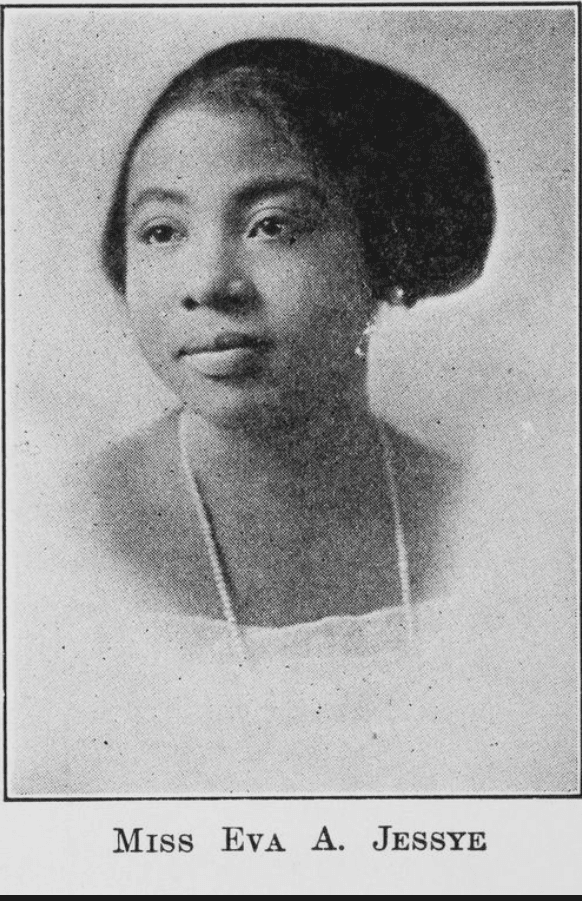
Jessye was an American conductor who was the first black woman to receive international distinction as a professional choral conductor.
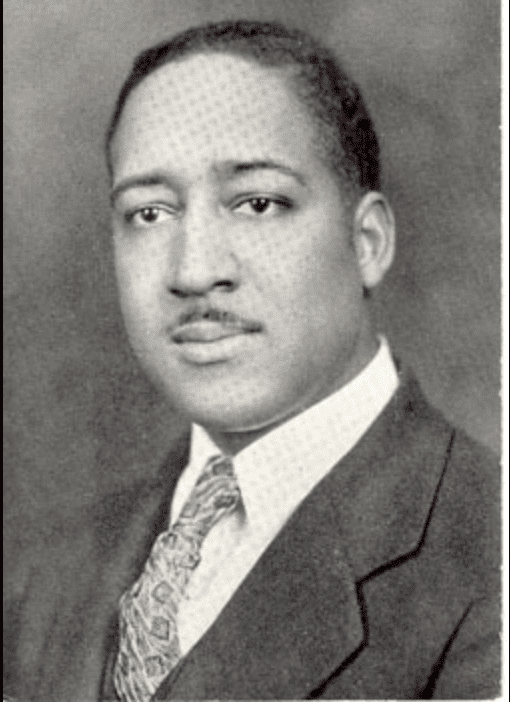
John Wesley Work III was an African American composer, choral conductor, music educator, ethnomusicologist, and scholar of African American folklore.
He is most notably known for his 1940 article, Plantation Meistersingers.
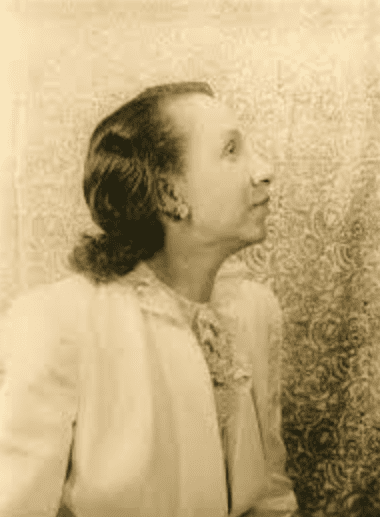
Shirley Graham Du Bois was an American writer, playwright, composer, and activist for African-American causes, among other causes.
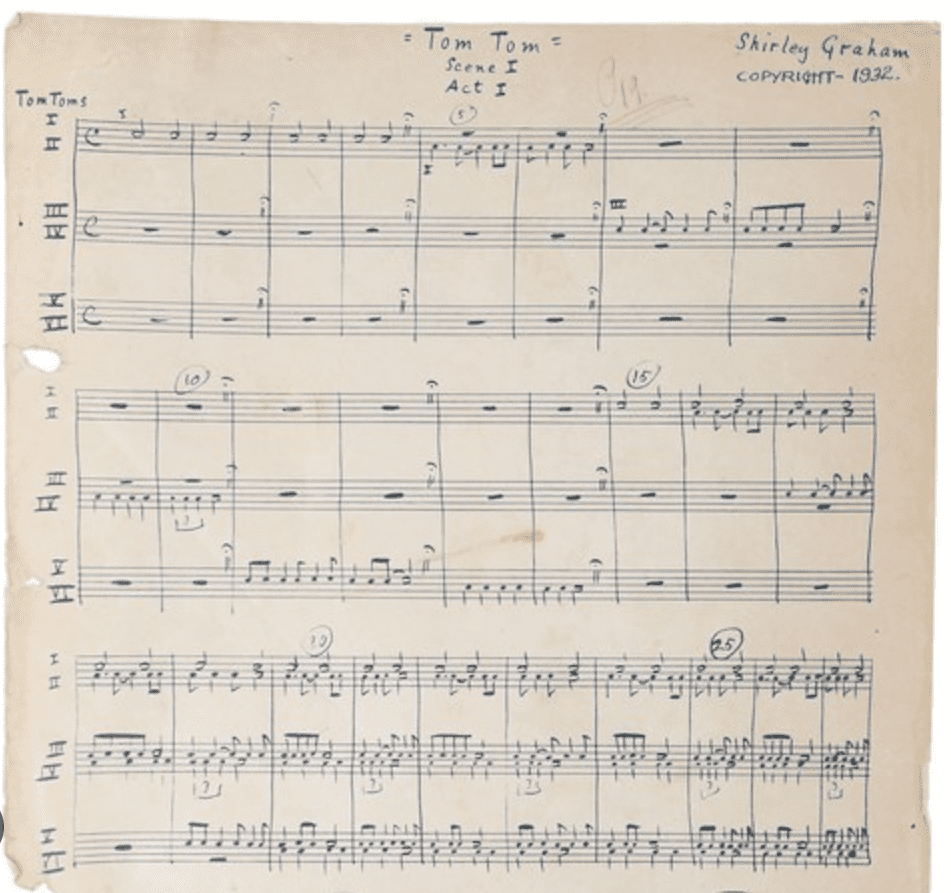
Work Cited
https://stageagent.com/shows/opera/19334/tom-tom-an-epic-of-music-and-the-negro

